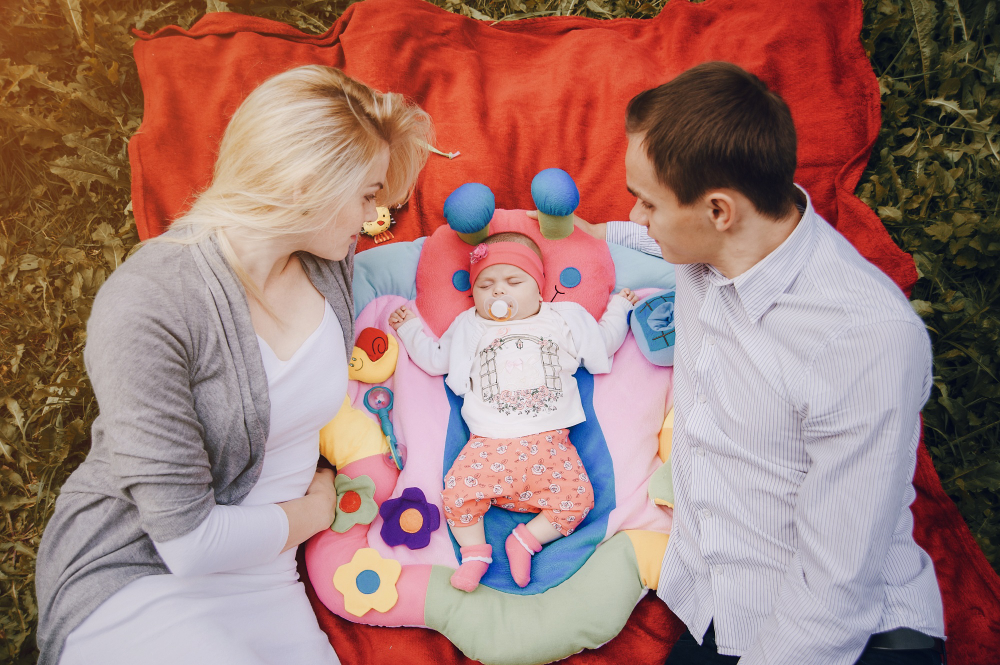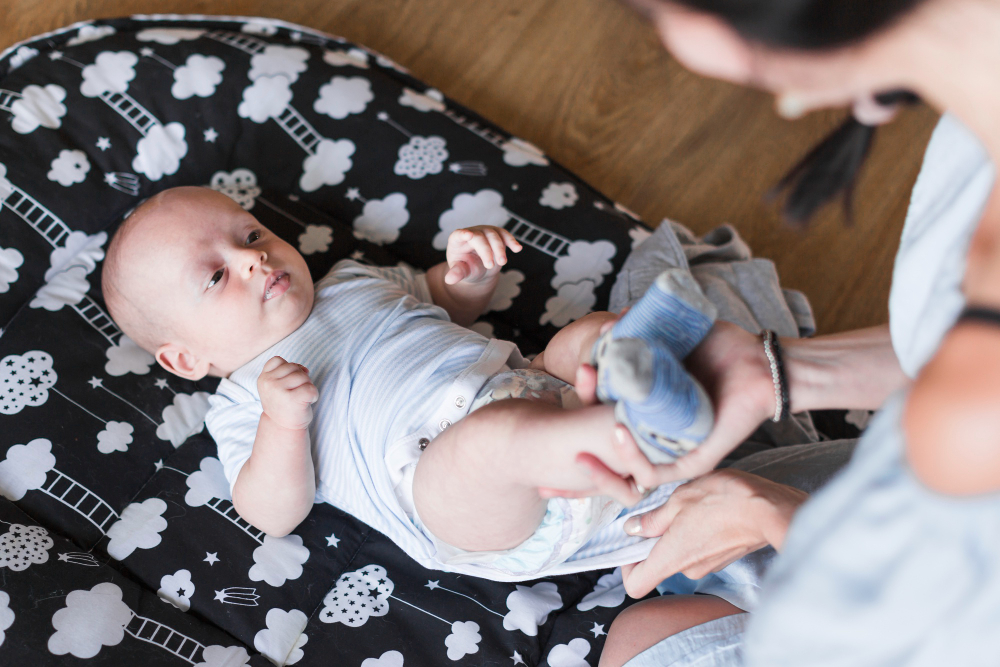The first month is full of new experiences and learning moments. Here are practical newborn tips to help you navigate this precious phase and feel confident in your parenting journey.
What to Expect During the First Month
The first 30 days with your newborn come with many adjustments. From feeding schedules to sleep routines, understanding your baby’s needs takes time. With the right guidance and support, you’ll grow into your role and build a strong bond.
Top Newborn Tips for Feeding
Feeding is one of the most important aspects of newborn care. Knowing what works best for you and your baby will make mealtime more manageable.
- Learn the Signs of Hunger: Watch for cues like lip-smacking or rooting.
- Stick to a Schedule: Feed your baby every 2-3 hours during the early weeks.
- Stay Hydrated and Nourished: Focus on your own nutrition to support your baby.

How to Handle Sleep During the First 30 Days
Newborn sleep can be unpredictable. With a little planning, you can establish a routine that benefits both you and your baby.
- Create a Calm Environment: Keep the room quiet and dim for naps.
- Swaddle Safely: Wrapping your baby snugly can provide comfort.
- Follow Safe Sleep Practices: Always place your baby on their back to sleep.
Diapering and Hygiene
Caring for your baby’s delicate skin is essential during the early days. Regular diaper changes and gentle cleaning prevent discomfort.
- Change Diapers Frequently: Check every 2-3 hours to keep your baby clean and dry.
- Use Lukewarm Water: Wash your baby’s bottom gently to avoid irritation.
- Monitor for Rashes: Address any redness early to keep your baby comfortable.
Soothing and Bonding with Your Newborn
Every baby has their own way of communicating and calming down. Understanding these cues will strengthen your connection.
- Learn Baby’s Signals: Crying could mean hunger, discomfort, or tiredness.
- Skin-to-Skin Contact: This helps soothe your baby and promotes bonding.
- Use a Gentle Voice: Talking or singing softly reassures your newborn.
Health and Wellness
Keeping your baby healthy during the first month is a top priority. Regular checkups and proper hygiene play a big role.
- Schedule a Doctor’s Visit: Arrange your newborn’s first appointment within the first week.
- Check for Jaundice: Monitor skin and eyes for a yellow tint.
- Practice Handwashing: Ensure anyone handling your baby washes their hands.

Managing Visitors
Friends and family may want to visit your newborn. Setting boundaries will keep the experience positive.
- Limit Crowds: Allow only close family or friends during the first few weeks.
- Request Health Precautions: Ask visitors to wash hands or delay visits if unwell.
- Keep Visits Short: This ensures your baby isn’t overstimulated.
When to Seek Help
While most newborn challenges are manageable, knowing when to reach out for help is crucial.
- Feeding Issues: Consult your pediatrician if your baby struggles to latch or feed.
- Excessive Crying: If soothing techniques don’t work, seek advice.
- Unusual Symptoms: Contact a doctor if your baby shows signs of illness.
Practical Self-Care Tips for Parents
Taking care of yourself is just as important as caring for your baby. A well-rested and supported parent can provide better care.
- Accept Help: Let friends or family assist with chores or meals.
- Rest When Possible: Sleep when your baby naps.
- Stay Connected: Talk to other parents or join support groups.
Make Every Day Count with These Tips
The first 30 days with your baby are a time of learning and bonding. These newborn tips will help you feel more prepared and confident. Trust yourself and take one step at a time. Every small success makes a big difference.

